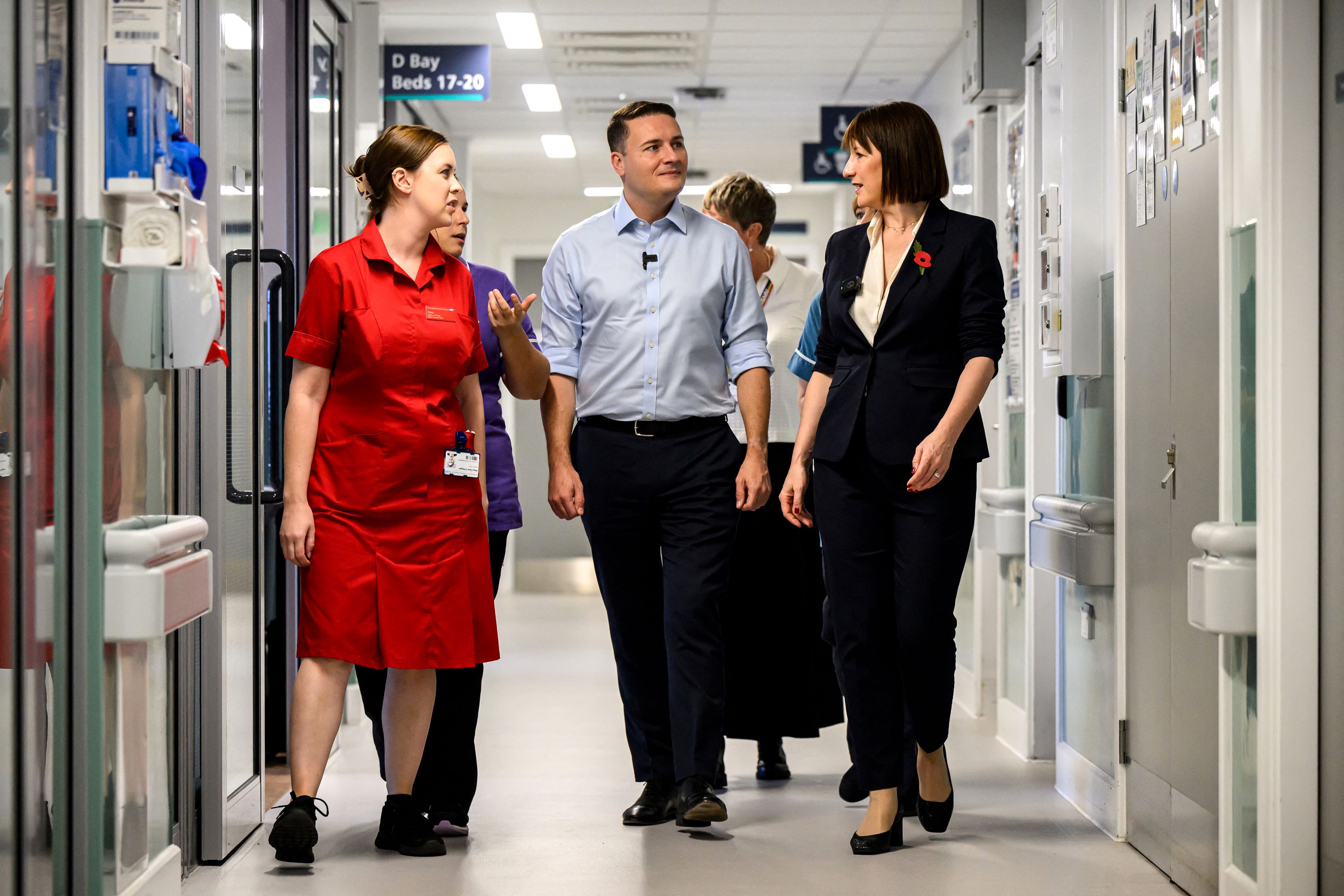
LONDON - Britain set out plans to overhaul its National Health Service (NHS) on Wednesday, aiming for better value for money and improved productivity, as it seeks to ensure 23 billion pounds ($29 billion) of new cash is used to cut waiting lists.
The government announced the major uplift in spending for the state-run NHS on Oct 30 as part of a budget that involved sharp increases in tax, spending and borrowing to improve creaking public services from health to education to transport.
Seeking to reassure markets that the spending splurge was a one-off, the government also promised reforms to make those public services more efficient.
READ MORE: Britain's foreign aid budget faces cuts amid fiscal constraints
Health Minister Wes Streeting, who has previously said the NHS was "broken", on Wednesday announced a package of measures to turn around the NHS in England.
"We are announcing the reforms to make sure every penny of extra investment is well spent and cuts waiting times for patients," he said in a statement, ahead of a speech he is due to give at a health conference in Liverpool.
Under the reforms, persistently failing managers will be replaced and turnaround teams will be put into hospitals which are struggling financially and not providing a good enough service.
ALSO READ: UK PM Starmer promises 10-year plan to fix health service in crisis
Streeting said he wanted waiting times to be cut to 18 weeks from 18 months. Economists have blamed the shrinking size of Britain's workforce on treatment delays which have stopped people from being fit enough to work.
Other measures include putting different NHS providers into league tables and giving high-performing providers the incentive to run their budget as they will be permitted to invest any surplus in buildings, equipment and technology.
READ MORE: Britain's NHS investigates claims hackers published stolen patient data
A consultation will also look at banning NHS staff from resigning and then offering their services back to hospitals for a higher fee via a recruitment agency, the statement added.
Earlier this year, NHS England cited several factors for its recent drop in productivity, including strikes, temporary staffing costs and the changing needs of patients.


